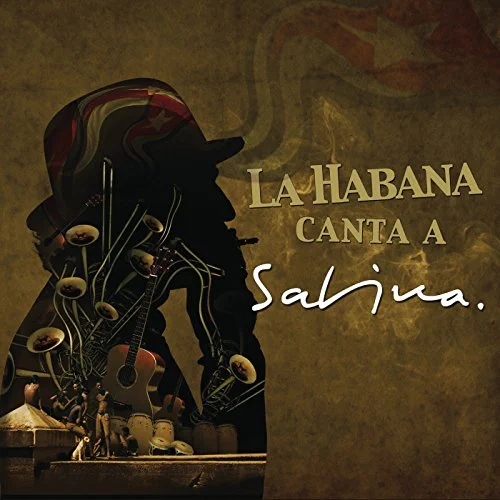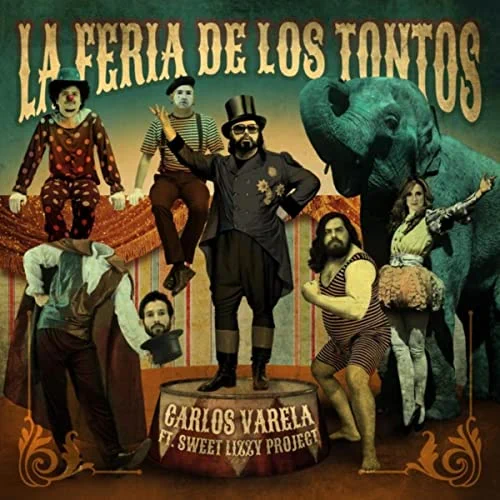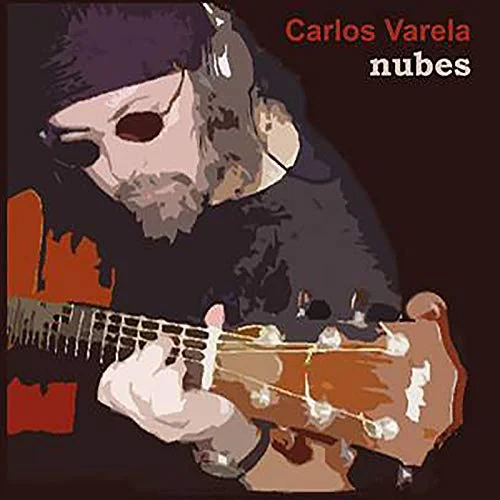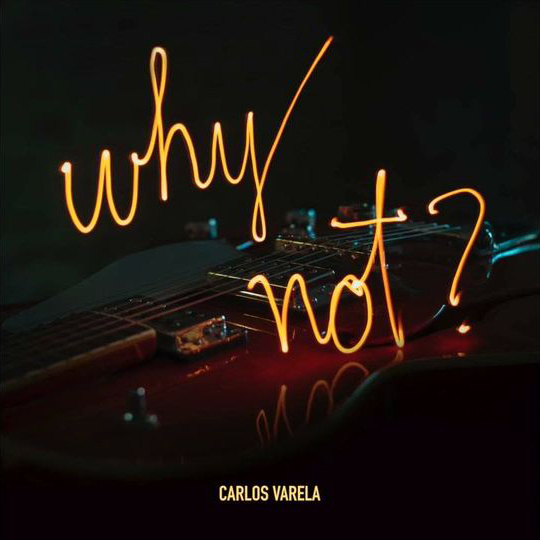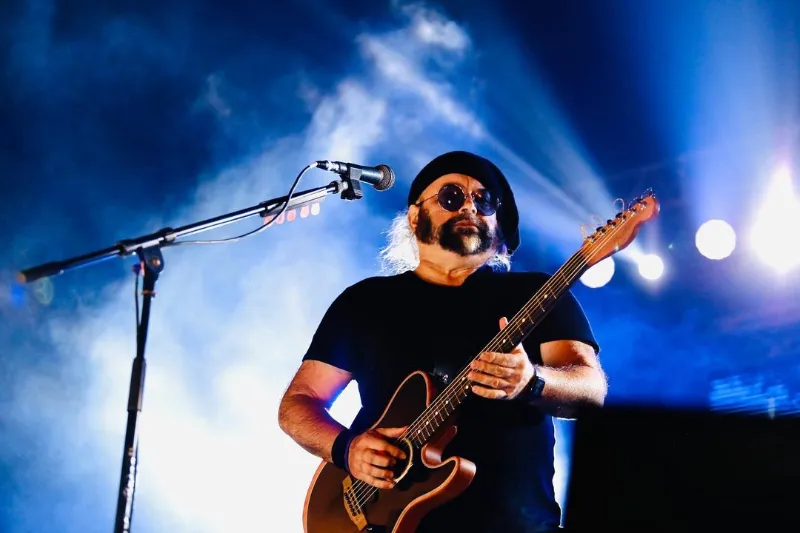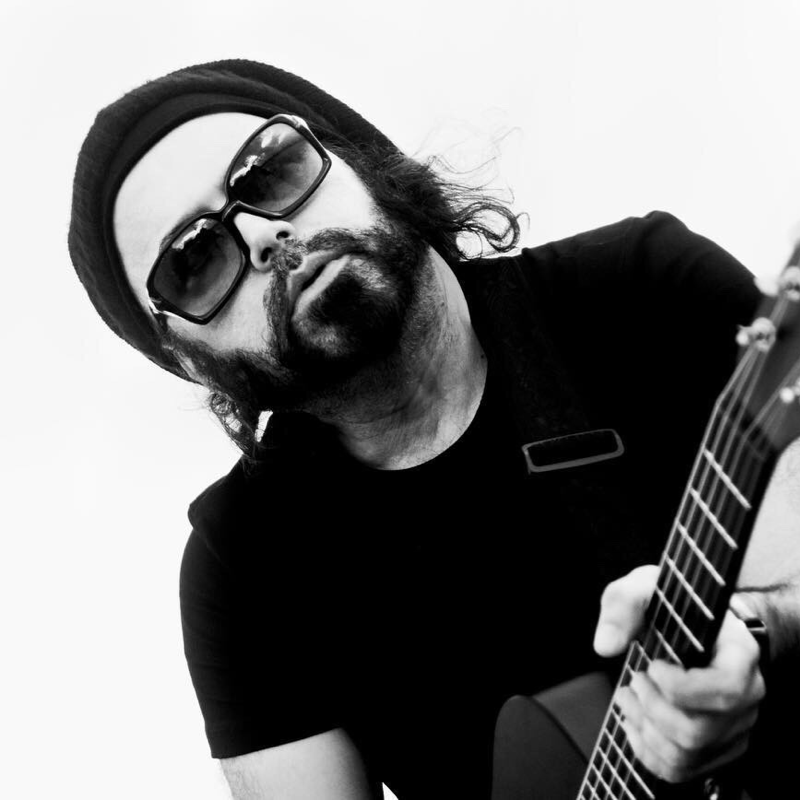Carlos Varela, born in 1963 in Cuba, is a renowned Cuban singer-songwriter associated with the Nueva Trova movement but also with strong influences of Latin rock and folk. In 1989 he published his first album, Jalisco Park (Centro De La Cultura Popular Canaria / Chooseme Discos) and in 1992 the emblematic Monedas al aire (Artcolor) in which the song “Muro” appears, dedicated to the Havana malecon, a song later performed by Miguel Bosé on his album 11 Maneras de Ponerse el Sombrero (WEA, 1998).
Varela has distinguished himself within his generation (which includes essential names such as Santiago Feliú, Gerardo Alfonso or Frank Delgado) for sharp lyrics that describe the Cuban social and political context, but also for a heartfelt poetry and a constant song to the family, love and feelings in general. His discography is extensive and has already emblematic songs for the public such as “Guillermo Tell”, “Graffiti de amor”, “Como un Ángel”, “Habáname”, “Foto de familia” or “Siete”. He has performed in stages around the world and has shared some of them with artists of the stature of Pablo Milanés, Fito Páez, Joaquín Sabina and Silvio Rodríguez.
His music has transcended geographical and artistic borders, being part of film soundtracks; such is the case of “Una palabra”, heard in the short film Powder Keg (2001), by Alejandro González Iñárritu; and in the moving final scene of Tony Scott’s film, Man on Fire (2004) starring Denzel Washington and Dakota Fanning. In Cuban cinema, his songs have been part of the films Las profecías de Amanda (1999), Video de familia (2001) and Casa Vieja (2010), among others, solidifying his contribution to the vibrant Cuban artistic landscape.

